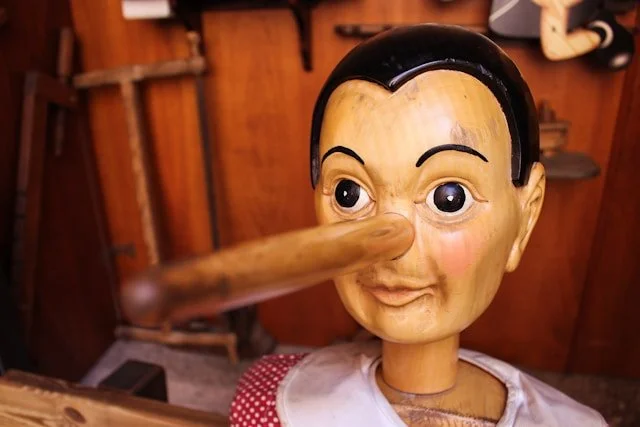![Johnny Depp and a Few Degrees Off Course]()
Who wouldn’t want to be Johnny Depp?
And yet, all it takes is a quick scroll through the news to see that this man’s life inspires more pity than envy. Johnny Depp’s ex-wife, Amber Heard has accused Depp of domestic abuse. Depp has fought back with a lawsuit charging Heard with abuse. Whatever the truth of who initiated the violence, one can’t help but be sad for Heard and Depp. Physical endangerment, drug and alcohol abuse, and violent, vulgar words marked their toxic and tumultuous relationship.
It has also been reported that Depp managed to blow through $650 million of his $800+ million net worth. One can’t help but scratch your head and wonder how spending that kind of money in a decade is even possible. One gets the sense that Depp has become the living version of his big screen caricature: intoxicated and unmoored.
Who would want to be Johnny Depp?
I think of my daughter and her friends in the final months of their senior year. These are days where they are peppered with questions about their future, “What are your plans?” “Where are you going?” “What are you going to do next?”
Setting one’s sights even slightly off course can result in significant error down the path. Air navigation experts refer to the one in sixty rule, which means that for every degree a plane veers off course initially it will miss its target destination by one mile for every sixty miles flown. The results can be fatal.








